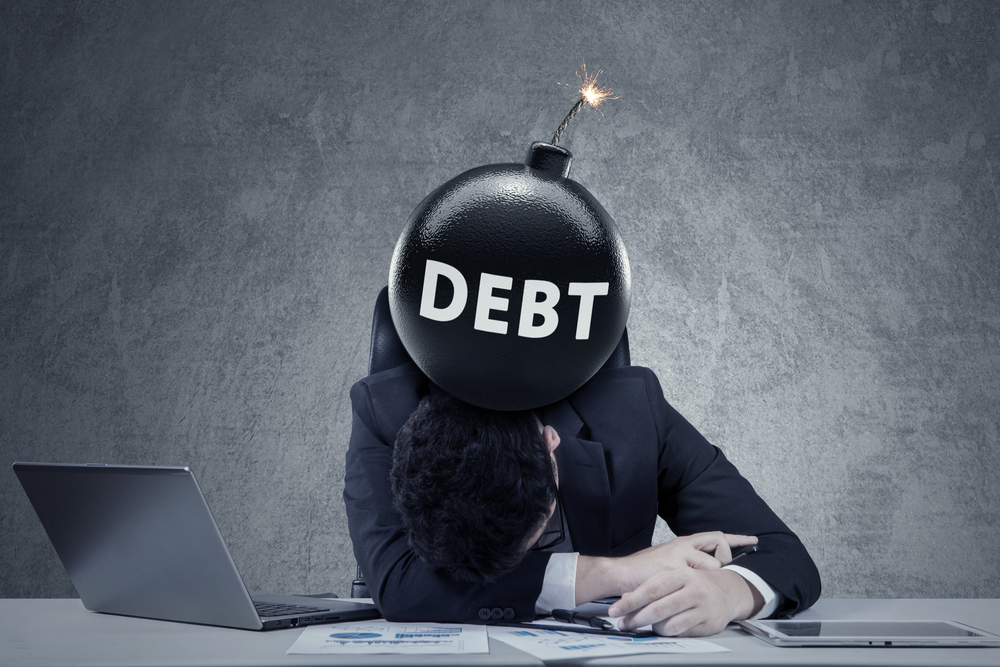Getting into debt is quite an easy thing to do but getting out of debt is a little more complex. However, staying in control of your debt is easier than you think, and the longer you monitor it, the sooner you will see the debt disappear. If you find yourself in money trouble, it is important to remember that you are not on your own and there are experts that can help and support you. The most recent figures show that people in the UK owe approximately £1.5839 trillion between them and to prevent that number from increasing, taking control of your own debt is a necessary task to do. Start gaining control of your debts today by following the six points below.

Pay off Debt using incoming cash flow.
It may be easier said than done, but if you withdraw money from any savings you may have to pay off debt, then it doesn’t leave you much to fall back on. In other words, your safety net is reduced, and your saving goals will have taken a step backwards also. It makes much more sense to pay debt off using your incoming cash flow, for example your monthly job pay check.
Prioritise debts with highest interest rate first.
Lay out all your debts on the table in front of you and look at them carefully. Ask yourself which are the ones with the highest interest rates and think about the best ways to pay this debt off. It may mean making higher or extra payments on this particular debt. After all, this is the debt that is costing you the most amount of money, so it is important that this debt is handled efficiently before any other debt. Begin by assessing any credit card debts, as it is this that most people find have the highest interest rates.
Ensure all payments are made on time
Leading on from point number two, just because it makes sense to prioritise the debt with the highest interest rate, does not mean that all debts should be ignored. To remain in control, it is important to make sure that all bills are paid on time. This will help in the long run to increase your credit score and in turn help many other things. Late payments aren’t just noted down as missed payments, they can have detrimental effects on a credit score which can last for years and are one of the worst things for a credit report. Whilst on the topic of credit reports, it is also useful to keep a close eye on your credit score whilst you are managing your debt. This can be done by logging onto Your Credit Report and using the service to view your current credit score. If you are applying for any loans, finance or mortgages further down the line, you can apply with the confidence that you are happy with your credit score and have kept close track of it.
Work out a Budget
Laying all your debt out on the table will not only help you prioritise your highest interest debt but it is also a good point to begin working on a budget, one that you can stick to and shows when and where you must repay your debts. It is important to remain realistic, the debts will not disappear overnight, or even in a matter of months, so this budget is something that you must be able to stick to for the long term.
Try to pay off any credit cards in full each month
This is one simple way to avoid any interest and can be one of the easiest ways to stay in control of your debt. If you have a credit card that has a balance on, don’t use that one to purchase things, use another one and make sure you pay it off at the end of each month.
Act quickly
Time is everything when it comes to keeping control of your debt. The four steps listed above are considerations that you can begin making right now. The next step is to seek professional debt advice to discuss further options that may be available so that you can remain in control of your debt, and to eventually see it disappear. National Debt Advice have a useful site that lists your personal debt options that may hep reduce almost all your debts and lower monthly repayments. It may be worth contacting an advisor and discussing such options as Individual Voluntary Arrangements or a debt consolidation agreement.